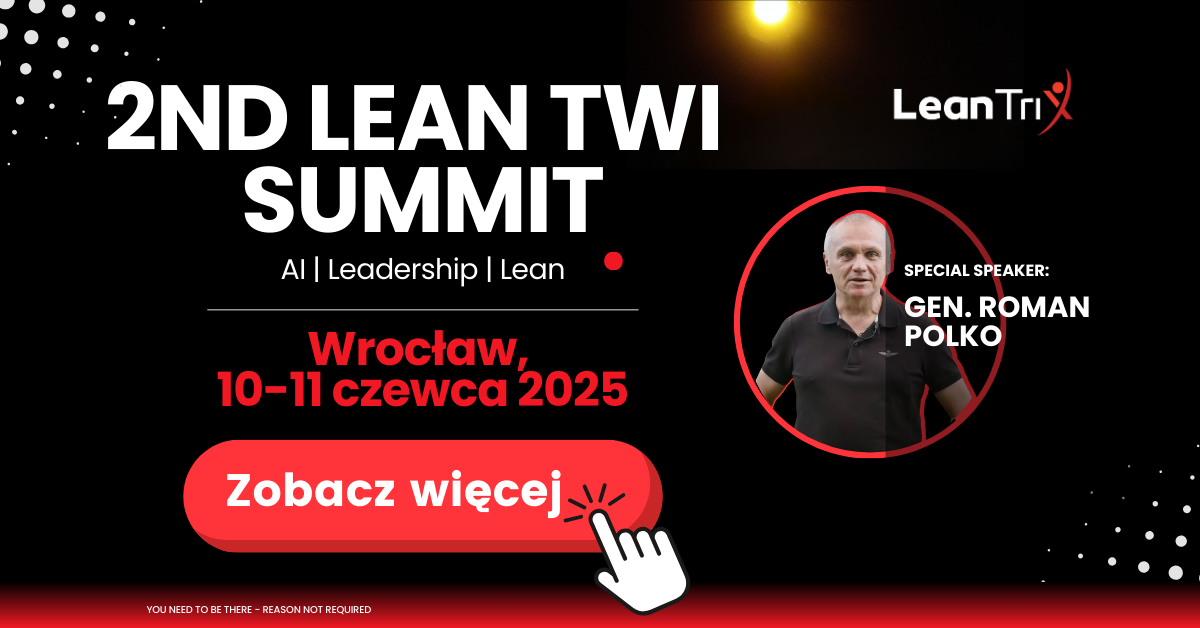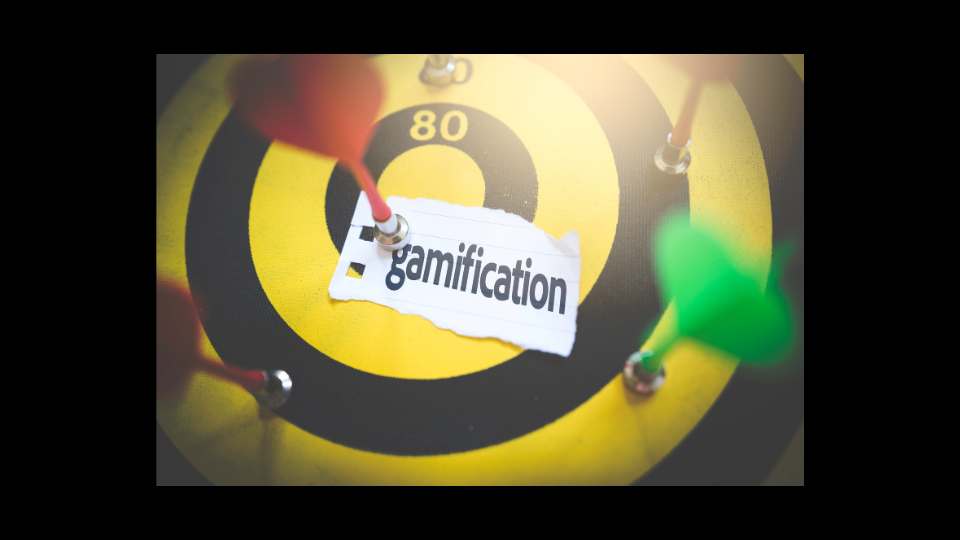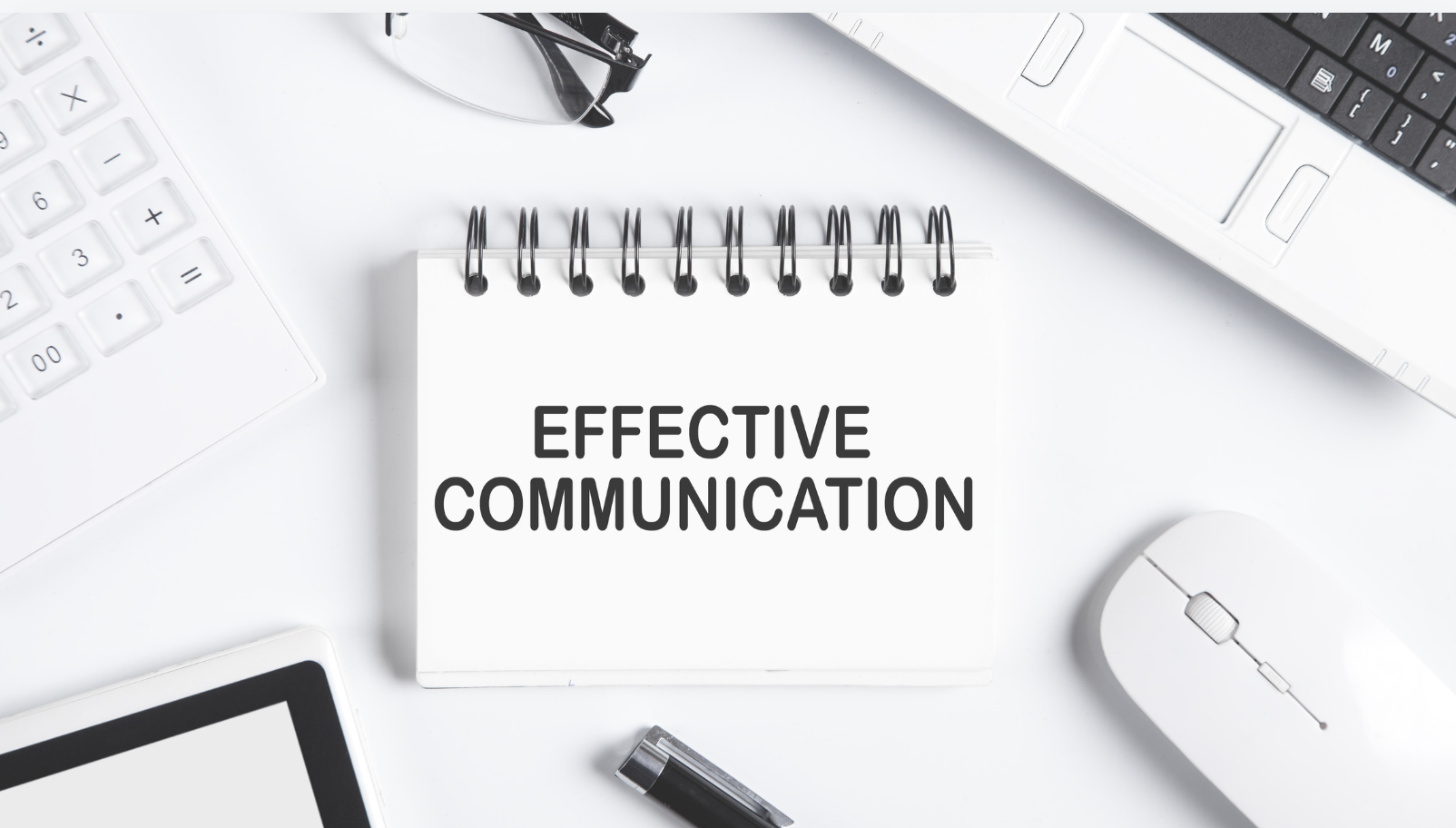How to navigate information overload? We are being inundated with an information tsunami, leading to brain overload, chronic fatigue, diminished brain performance, worsened thinking and memory abilities, and increasingly, complete exhaustion. The quantity of information terrifies us, but it should be the quality that terrifies us. We ask ourselves: Which of the available information is credible? How do we assess their credibility and value?
Table of Contents
ToggleThe Power of Critical Thinking and the CRAAP Test
Here, our brain comes to the rescue, and the use of critical thinking (provided our brain is not overloaded to its limits). However, we can also make use of certain tools to facilitate decision-making about the quality of information, such as the CRAAP test.
CRAAP Test: A Shield Against Misinformation
CRAAP is an acronym for currency, relevance, authority, accuracy, purpose. The test was developed by a team of librarians at California State University (Chico).
By applying this test when evaluating sources of information, we can reduce the likelihood of using unreliable information. The test may be time-consuming, but when it comes to information that is important to us, it’s worth spending some time to verify it.
Questions for Everyday Information Evaluation
In everyday life, knowledge of how to evaluate information should prompt us to take a moment to ponder:
- Is the information still current?
- Does it definitely relate to what I’m looking for? Does it pertain to the problem I’m dealing with (or is it substitute information designed to steer my thinking in a different direction)?
- Where does the information come from? What do I know about the author and their qualifications?
- Is the information from a credible source? Is it supported by evidence? Is it unbiased? Can I partially verify it?
- Why was it created? Is it a description of facts, or does it present someone’s opinion? Does it have an ideological bias and incline towards a specific position?
Conclusion
How to navigate information overload? Today, we face an overwhelming amount of information, making it crucial to focus on quality over quantity. Critical thinking and tools like the CRAAP test help us sift through the noise and evaluate information effectively. In everyday life, asking questions and considering relevance, source, credibility, and purpose are essential for making informed decisions. Ultimately, by mastering these skills, we can navigate the information era and protect our cognitive well-being. Remember that:
“He who asks questions remains a fool for five minutes. He who does not ask remains a fool forever.”
~Chinese proverb
Dr. Iwona Burka holds a Ph.D. in Economics and has carved a distinguished career as a business trainer, researcher, adviser, and university lecturer. Celebrated for her contribution to various papers on management systems, she's also co-authored the seminal book, "Lean Service in theory and practice". With years immersed in the real-world implementation of management systems, Dr. Burka excels at simplifying complexities and excess. She fervently champions the optimization of organizational processes using the Lean approach combined with the Kaizen philosophy.








